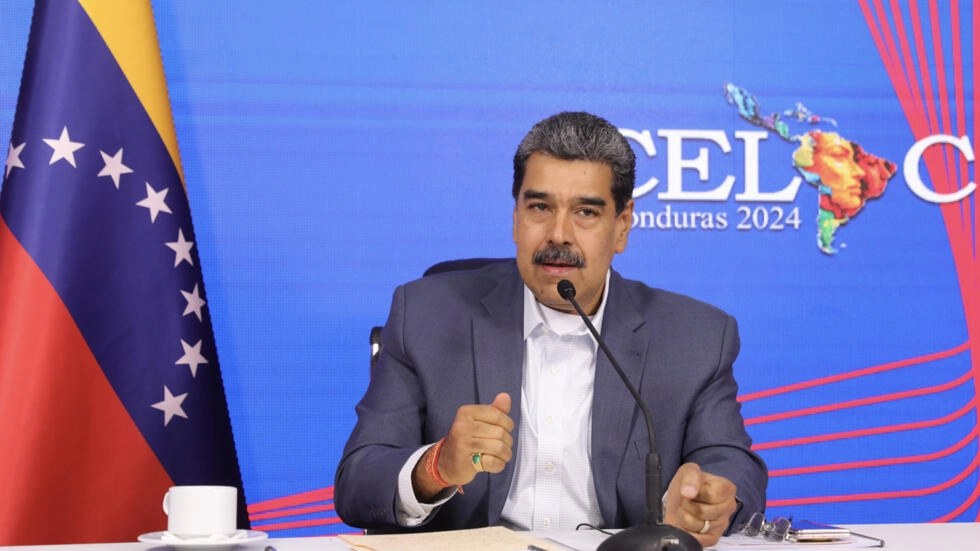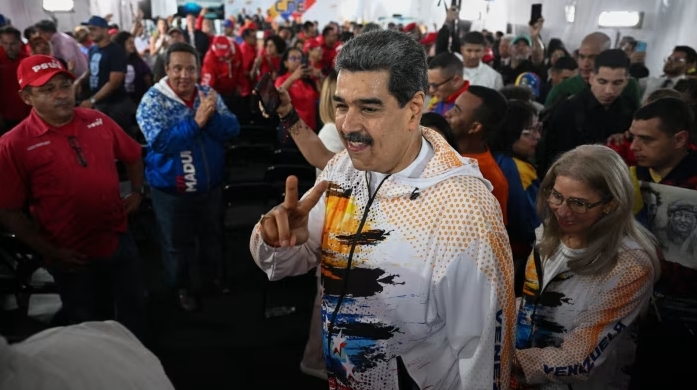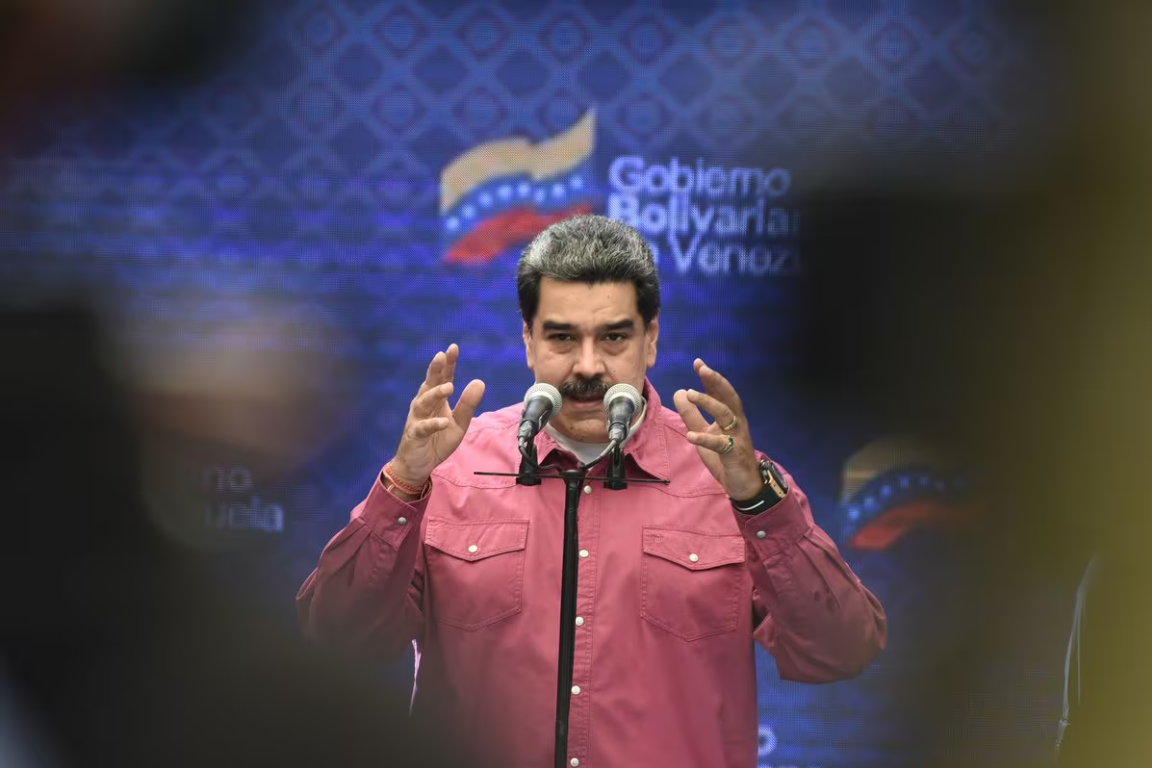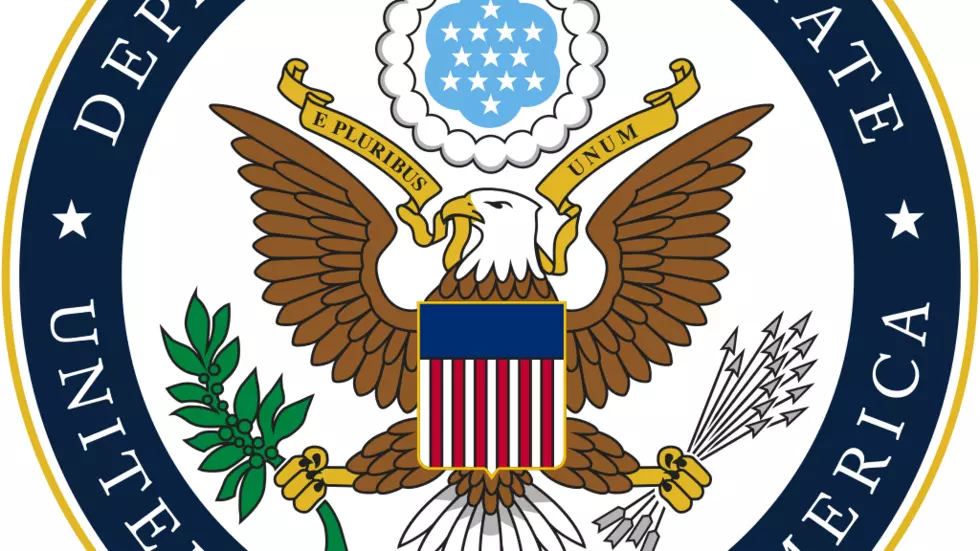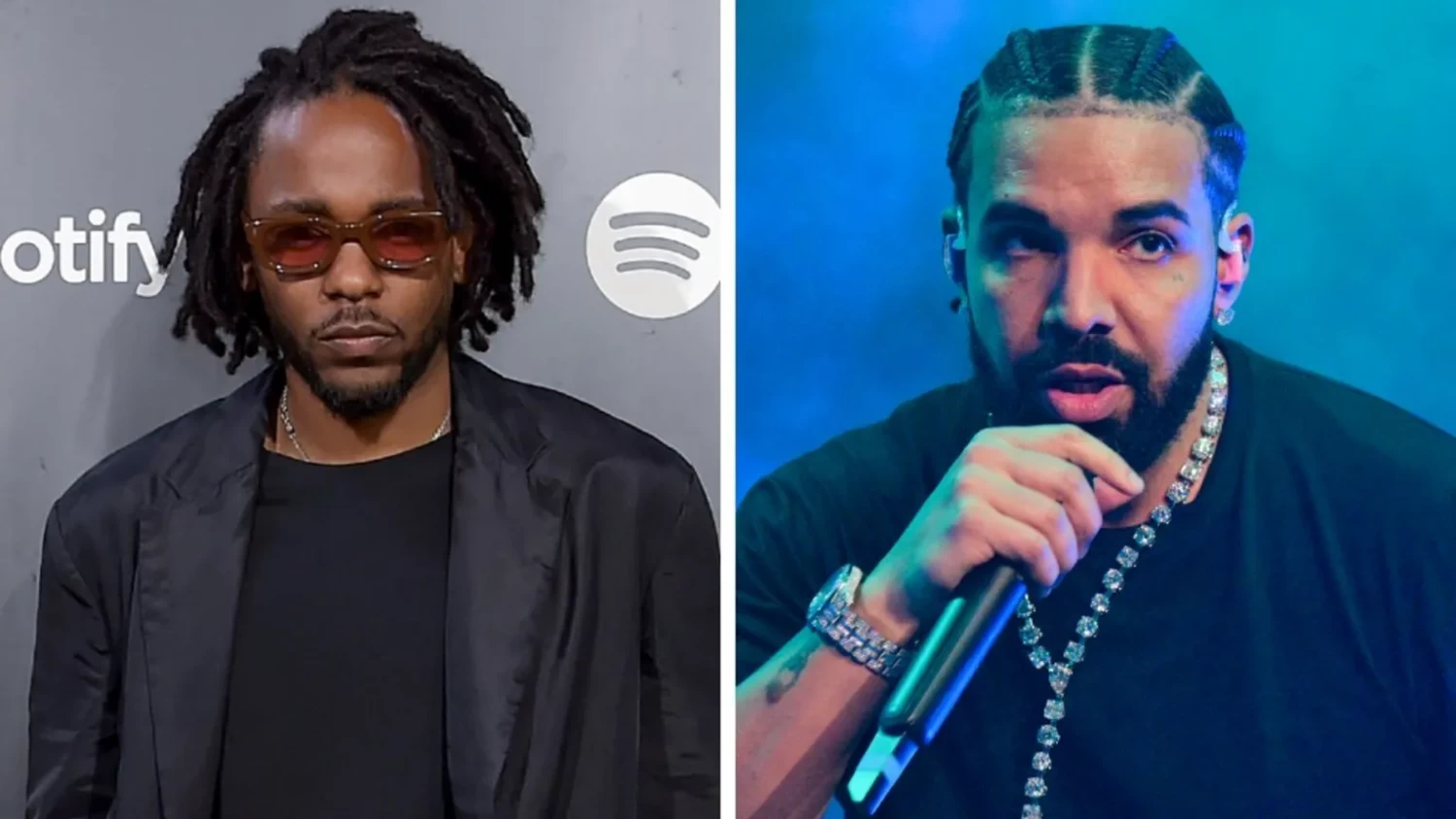This article is more than
5 year old‘The oil curse’: Huge mistake that helped throw Venezuela into turmoil
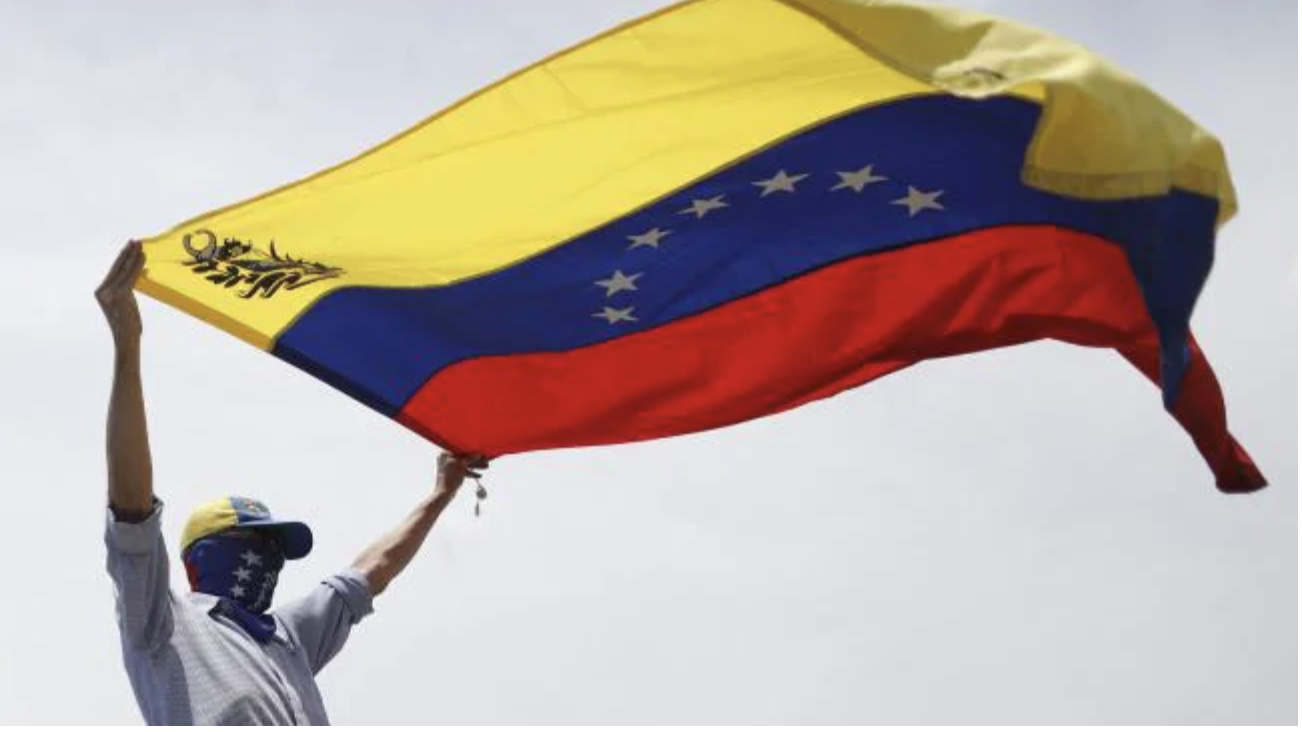
Venezuela is continuing to suffer through a political economic crisis.
Most recently, a top Opposition leader has been arrested by the socialist Maduro Government, as new nationwide protests have been announced for the coming weekend.
For some, the turmoil may have seemed to come out of nowhere. But some political scientists say they saw it coming from a mile away, thanks to a crucial mistake Venezuelan leaders have been making for decades.
It’s known as the “resource curse” — a phenomenon in which easy money from commodities, such as gold and oil, leads to governments neglecting over parts of their economies, like agriculture and food.
But this isn’t a case of bad luck. Rather, it’s one of economic mismanagement and a critical error made by leaders past and present.
OIL ‘CURSE’ THAT BROUGHT DOWN A THRIVING NATION
In previous decades, Venezuela has been riding high on the oil wave. By the early 1960s, the country was producing more than 10 per cent of the world’s crude oil. The high continued throughout the ’70s, only aided by years of stable democracy.
Difficulties began in the early 2000s when former president Hugo Chavez took down the national oil company, PDVSA.
Under his rule, commodities all became centrally managed, and in his quest to capitalise on rising oil prices in the late 2000s and early 2010s, the government deliberately neglected other industries.
To an extent, oil money can sustain a government’s power. That is — as long as the commodity’s prices remain high.

Venezuela once boasted the world’s largest proven oil reserves and agricultural production. But in 2014, when crude prices began to collapse, the once-prosperous South American nation was in real trouble. Having neglected those other industries and focused solely on oil, it had little left.
According to data from Rystad Energy, in 2013, Venezuela produced 2.42 million barrels of oil per day.
Today the output is less than half of that. Even without recent US sanctions, production has dropped intensely.
Like his predecessor, Mr Maduro — who came to power in 2013 — relied too much on crude. In 2017, oil sales made up 98 per cent of Venezuela’s export earnings in — almost half of which were bought by the US alone.
But this came at the expense of food production and other industries. The dependence on oil hindered the country’s food production capacity. The socialist government nationalised businesses, meaning business owners were forced to stop food production.
In short, not enough was done to prepare for the worst — the possibility of lower revenue from oil.

Ellen R. Ward, a senior fellow at the Atlantic Council’s Global Energy Centre, says Venezuela can still use oil to reinvigorate its economy, provided it permits other companies to develop its reserves.
“Venezuela has to be open to negotiations, led by professional oilmen rather than the current rotating group of cronies and military leaders,” she wrote in Bloomberg earlier this year.
“Any investment agreements should require an upfront payment because Venezuela needs cash to ease the humanitarian crisis and pay off foreign debt. Equally important, however, the concessions should include a reasonable structure of long-term rents, fees and profit-sharing — Venezuela cannot mortgage its future for the sake of the present.”
She also noted a timely start to production should take top priority.
Ms Ward praised Venezuela for having an “experienced and capable domestic oil workforce”, concluding that all may not be lost provided the country can relax its reliance on oil.
“Oil can jump-start Venezuela’s economy but not become Venezuela’s economy. A truly prosperous future depends on using abundant petroleum to restore the diverse economy that once made Venezuela one of Latin America’s true bright spots,” she said.
PROTESTS SET TO CONTINUE THIS WEEKEND
The socialist government’s crackdown on dissent in Venezuela is worsening, with a top opposition leader recently arrested.
The Wednesday arrest of Edgar Zambrano, vice president of the Opposition-controlled National Assembly in Venezuela, was the latest move in a protracted, increasingly murky struggle between two camps vying for support of the military. There have been some defections but the military’s loyalty to Mr Maduro has preserved his grip on power.
Mr Maduro’s rival, Opposition Leader Juan Guaido, portrayed the arrest and targeting of members of the assembly as acts of desperation by a government whose leaders don’t know who to trust.
Mr Guaido, who is backed by over 50 countries including the US and Australia, also announced new nationwide protests on Saturday following clashes between police and protesters last week that left six people dead.
“They won’t get us out of the streets,” said Mr Guaido, whose public appearance in Caracas reflected his belief Mr Maduro does not have the confidence to arrest him.

Mr Maduro has appeared to let Mr Guaido wage a campaign against him following US warnings there would be severe repercussions if he took action against his foe.
The United States says Russia-backed Mr Maduro was elected illegitimately, and Mr Guaido should lead Venezuelans to free elections after years of turmoil.
Mr Maduro, in turn, says Mr Guaido is working against him with the US as part of a coup plot. Now, the Government is chipping away at the National Assembly, the key Venezuelan institution demanding Mr Maduro’s resignation.
The US and other countries that support Venezuela’s Opposition condemned the arrest of Mr Zambrano, saying his parliamentary immunity was illegally lifted.
Secretary of State Mike Pompeo said the arrest of Mr Zambrano “is an unacceptable and illegal act that is yet another reflection of the repression of the former Maduro regime.”
“This assault on the National Assembly should serve as a clarion call to the region and the world that the dictatorship is not interested in constitutional solutions to the Venezuelan people’s problems,” he said in a statement.
Last week, the world was shocked by disturbing footage showing Venezuelan military vehicles running down protesters in Caracas during an attempted coup, leaving dozens of people injured.
The Venezuelan Government took CNN off the air for broadcasting the footage, with local TV networks reportedly receiving orders to block it.
Newer articles
<p>They have been blasted from car stereos on the streets of New York City, played by DJs at nightclubs across the US, dubbed into Chinese on TikTok and inspired merengue songs...
Island nation erupts into violence, three dead
Taylor Swift concert photo horrifies internet
Sean 'Diddy' Combs asks judge to reject lawsuit alleging rape of 17-year-old girl in 2003
Ukraine finds itself in a grave situation. Russia appears to be advancing
Ellen to make TV comeback after two years
How the West's plan to punish Russian oil backfired
Will Zionism survive the war?
Putin's Preparing Better Than Us for a Long War
Putin’s choice of new defence minister shows he’s preparing for confrontation with the West
